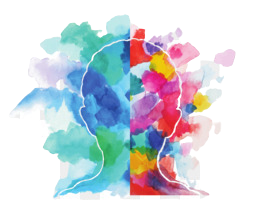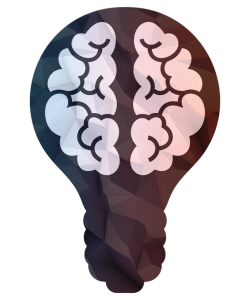Disclosing in the Workplace: Strategies and Tips
You are entitled to accommodations in the workplace if you have a documented disability. This includes learning disabilities and mental health challenges.
Read more ›You are entitled to accommodations in the workplace if you have a documented disability. This includes learning disabilities and mental health challenges.
Read more › One of the most important aspects of learning that might be least understood is human memory. We are tasked with passing on skills and knowledge to students—it’s the most important aspect of our job. Yet how many educators have earned degrees and teaching certificates without any mention of how memory works? Read more ›
One of the most important aspects of learning that might be least understood is human memory. We are tasked with passing on skills and knowledge to students—it’s the most important aspect of our job. Yet how many educators have earned degrees and teaching certificates without any mention of how memory works? Read more ›
 Knowledge is power. It enables us to find our right fit, strengthen areas where we have challenges, seek support, advocate for ourselves and design our own learning or work environment. Yet, Information about our brains has not been readily available to most people in a practical manner. Read more ›
Knowledge is power. It enables us to find our right fit, strengthen areas where we have challenges, seek support, advocate for ourselves and design our own learning or work environment. Yet, Information about our brains has not been readily available to most people in a practical manner. Read more ›
 Many experts today argue that attention deficit/hyperactivity disorder is not, at its core, an attention problem, but rather a self-regulation problem exacerbated by weak working memory. Read more ›
Many experts today argue that attention deficit/hyperactivity disorder is not, at its core, an attention problem, but rather a self-regulation problem exacerbated by weak working memory. Read more ›
 John Sweller, one of the most influential learning science researchers, offers a new insight from his latest line of research : the human brain may need regular breaks when learning to help it refresh its “working memory” capacity. Read more ›
John Sweller, one of the most influential learning science researchers, offers a new insight from his latest line of research : the human brain may need regular breaks when learning to help it refresh its “working memory” capacity. Read more ›
 Expressive writing is associated with improvements in physical health, improvements in markers of mental health, and improvements in immune function. It’s also been shown to improve working memory in college students, says James Pennebaker, a professor of Psychology at the University of Texas at Austin. Read more ›
Expressive writing is associated with improvements in physical health, improvements in markers of mental health, and improvements in immune function. It’s also been shown to improve working memory in college students, says James Pennebaker, a professor of Psychology at the University of Texas at Austin. Read more ›
 Teachers can help students improve skills like inhibitory control and cognitive flexibility by explicitly connecting them to popular games—and then letting students play. Read more ›
Teachers can help students improve skills like inhibitory control and cognitive flexibility by explicitly connecting them to popular games—and then letting students play. Read more ›
We are at a crossroads in our understanding of individuals who are intelligent yet struggle with timed tests, reading comprehension, working memory and executive functioning. Nicole Ofiesh, PhD, a cognitive behavioral scientist and the Director of the Schwab Learning Center at Stanford University, explains that educating our children with dyslexia and ADHD about how people learn is key to unlocking the potential of their strengths in the face of academic challenges. Read more ›
 Approximately 10% of us have weak working memory; however, the estimates of the percentage of weak working memory in students with specific learning disorders, including dyslexia, ranges from 20 to 50 percent. Weak working memory is a core difficulty for students with ADHD, Inattentive Type. Read more ›
Approximately 10% of us have weak working memory; however, the estimates of the percentage of weak working memory in students with specific learning disorders, including dyslexia, ranges from 20 to 50 percent. Weak working memory is a core difficulty for students with ADHD, Inattentive Type. Read more ›
 New Penn State research suggests that children’s executive function deficits may be an important risk factor for academic difficulties.
New Penn State research suggests that children’s executive function deficits may be an important risk factor for academic difficulties.
Preliminary findings from a three-year National Science Foundation-funded project, recently published in Child Development, show that executive functions in kindergarten predict children’s mathematics, reading and science achievement, as well as their classroom behavior, in second grade. Read more ›